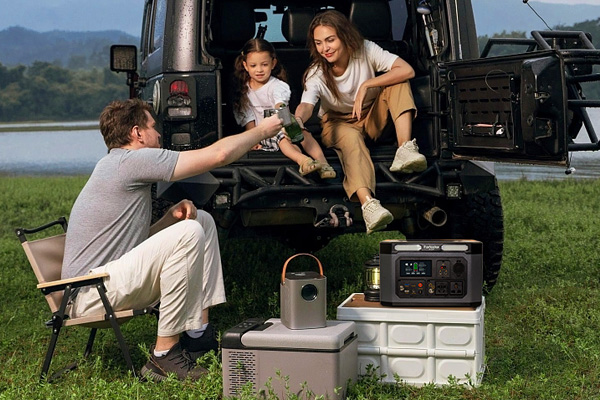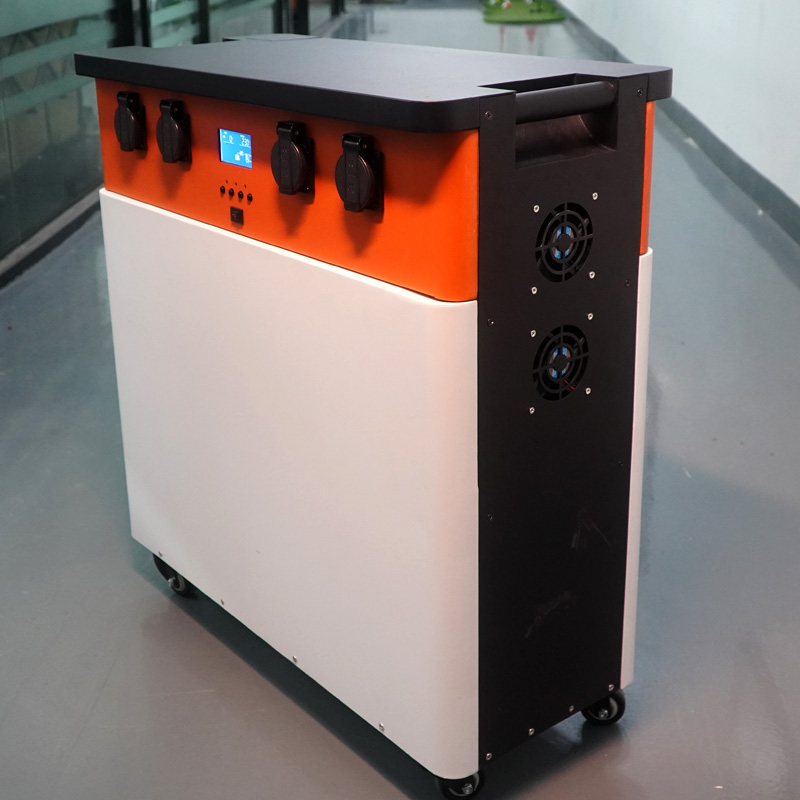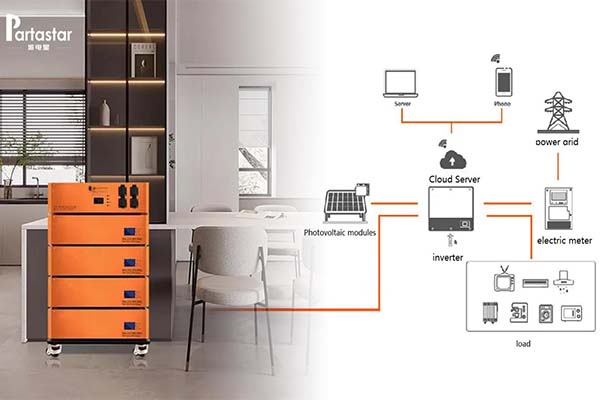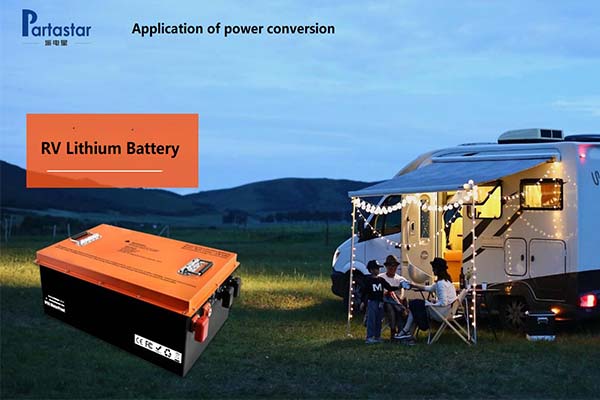Maintaining a battery-powered generator is essential to ensure reliable backup power when you need it. Proper maintenance can also extend the lifespan of the generator and prevent costly repairs. In this article, we'll discuss how to maintain your battery-powered generator.
1. Read the Manufacturer's Instructions
The first step in maintaining your battery-powered generator is to read the manufacturer's instructions. The instructions will provide you with information on how to use and maintain the generator properly. This includes information on how to charge the battery, how to store the generator, and how often to perform maintenance tasks.
2. Keep the Generator Clean
Keeping the generator clean is essential to prevent dust and debris from accumulating on the generator's components. Use a soft cloth or brush to remove any dirt or debris from the generator's exterior. Avoid using water or harsh cleaning chemicals, as these can damage the generator.
3. Check the Battery Level
Regularly checking the battery level is essential to ensure that the generator is ready for use when you need it. Most battery-powered generators have a battery level indicator that shows the remaining charge. If the battery level is low, recharge the battery promptly.

4. Charge the Battery Regularly
Charging the battery regularly is essential to maintain the battery's charge and prevent it from losing its capacity. Follow the manufacturer's instructions on how to charge the battery properly. Avoid overcharging the battery, as this can damage the battery's cells and reduce its lifespan.
5. Store the Generator Properly
Storing the generator properly is essential to prevent damage to the battery and other components. Store the generator in a cool, dry place away from direct sunlight and moisture. Avoid storing the generator in extreme temperatures, as this can reduce the battery's lifespan.
6. Replace the Battery When Necessary
If the battery no longer holds a charge or shows signs of wear and tear, it's essential to replace it promptly. Most battery-powered generators have a replaceable battery that can be easily replaced. Follow the manufacturer's instructions on how to replace the battery properly.
7. Perform Regular Maintenance
Performing regular maintenance tasks is essential to prevent problems and ensure reliable backup power. Some of the maintenance tasks that should be performed regularly include:
- Checking the battery terminals for corrosion and cleaning them if necessary
- Inspecting the generator's components for signs of wear and tear
- Lubricating the generator's moving parts, such as the fan and motor
- Checking the generator's air filter and replacing it if necessary
Conclusion
Maintaining a battery-powered generator is essential to ensure reliable backup power and extend the generator's lifespan. By following the manufacturer's instructions and performing regular maintenance tasks, you can prevent problems and ensure that the generator is ready for use when you need it. Remember to keep the generator clean, check the battery level, charge the battery regularly, store the generator properly, replace the battery when necessary, and perform regular maintenance tasks. With proper maintenance, your battery-powered generator can provide reliable backup power for years to come.



